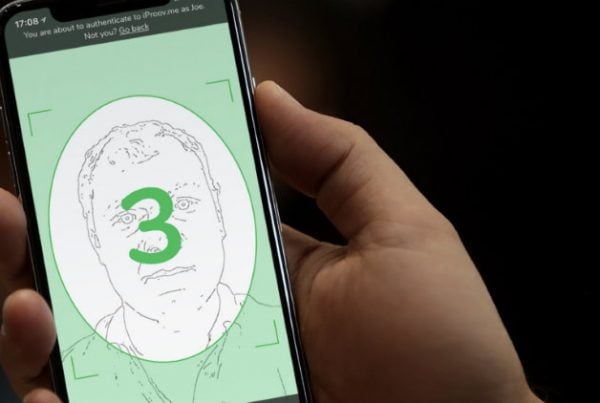At the time that it was bought in 2014, WhatsApp made overtures to its 450 million users, assuring them that their privacy (and their user data) was not on the table as part of the deal.
Now that position has changed. In late August the company announced that it was about to start sharing user data with its parent Facebook for ads on Facebook and WhatsApp, as well as helping to improve the messaging platform.
Since then various EU regulators have examined the legality of the potential compromise in the privacy of user data. In Germany for example data sharing has been deemed illegal.

Here, Digi.me’s Emma Firth examines the fall out from the debate and explains how the reaction from watchdogs and users worldwide can be seen in a positive light.
Firstly, WhatsApp was upfront about what it was planning to do, (handing over personal information including users’ phone numbers to Facebook as part of plans to allow businesses to message users, which will also allow Facebook to better target ads).
Now, they may well have thought they couldn’t hide it even if they wanted to, as it required a change to their privacy policy, but still – openness about what companies are doing with personal data is always to be commended, and will become a legal requirement for companies operating in the EU from 2018 when the GDPR comes in.
That said, of course, WhatsApp should never have forced this on their users, and opt-in would have been an immensely better decision. (If you want to opt out, see here for details regardless of whether you’ve accepted the new terms and conditions.)
Secondly, users and the media didn’t just take it lying down – there were multiple articles outlining why this was a mistake for WhatsApp and criticising both companies across not just tech outlets but respected mainstream media – so the days of people just shrugging when massive changes are made to privacy policies without consultation are over.
Thirdly – and arguably most importantly – those in charge of protecting and safeguarding our privacy are showing they have teeth (and plan to use them) with both the UK’s Information Commissioner and France’s CNIL saying they plan to look into the decision and would be following it ‘with great vigilance’. in addition to a complaint to the Federal Trades Commission from US privacy groups.
Fourth, and finally, there are (very early) signs that people aren’t as ready to be loyal to messaging platforms, even popular ones, with a wealth of online comment of WhatsApp users looking for other, more private, platforms, and mainstream articles such as this one in Mashable.
Obviously we all hope for less, rather than more, personal data sharing without our consent, and there’s rightly a lot of anger at this move.
But a sea change is coming, where users will be the ones back in control of their data, sharing it on their terms, and the public visibility and understanding needed to help make that a reality is very much underway.
This post originally appeared on the Digi.me blog and is reused with kind permission.
Want to be featured on the MEF Minute?
The MEF Minute is an award winning blog that provides a cross-ecosystem and international perspectives on all things mobile. With contributions from MEF’s members and other industry experts it is a dedicated global news resource and thought leadership platform.
We welcome contributions from members and non-members across a range of formats including opinion pieces, industry views, stats, videos and infographics. MEF Minute offers a 360 look at any given topic impacting the mobile ecosystem whether that be from a MNO, enterprise, developer or provider perspective.






